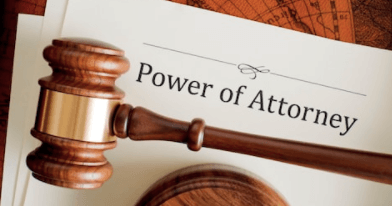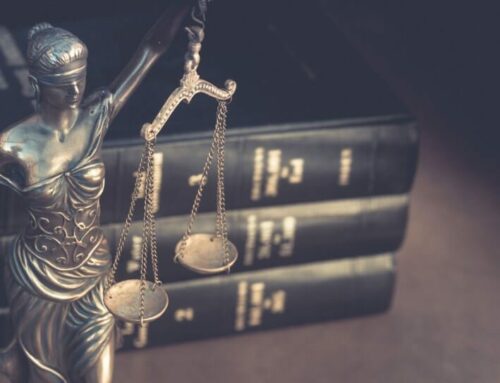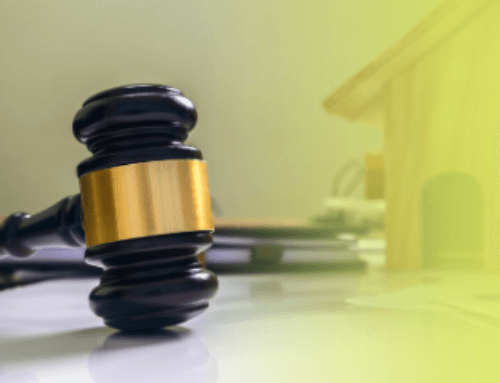‘Peace of mind… If you become incapable of managing your own affairs’
What is an Enduring Power of Attorney and why would I need one?
An Enduring Power of Attorney is a legal document in which you appoint a specific individual(s) called an ‘Attorney’ to manage your personal and financial affairs in the event that you lose your capacity and ability to do so.
It is important to realise that the enduring power of attorney is only valid and effective if you are no longer compos mentis to manage your personal affairs. The enduring power of attorney allows you to chose who you wish to deal with your personal affairs on your behalf, in the event that you are no longer capable of doing so.
If you become incapacitated due to accident or illness, such as Alzheimer’s or dementia, your assets, monies and properties may be frozen, making it virtually impossible for your family to access these resources (unless they are jointly owned, and that other person has full authority to use the joint assets).
In such circumstances, your family may be left with no alternative but to make an application to have you made a ‘Ward of Court’ giving the court the power to make decisions on your behalf, whereupon a Judge will appoint a ‘Committee’ who is usually a family member to attend to your affairs. This person may not necessarily be who you wish to fulfil this role, in the event that you are not longer capable of managing your affairs.
What is involved in making an enduring power of attorney?
The enduring power of attorney is executed at any time you have full mental capacity to do so and therefore, the first matter to be attended to is an appointment with your general practitioner.
Your GP will provide a report stating and confirming that in their opinion you, the ‘Donor’, are fully compos mentis and fully capable of understanding the nature and importance of executing an enduring power of attorney. This report will confirm that you have the capacity to enter into this document at the time of execution.
Details of your proposed attorney(s) are provided to your solicitor; name(s), address, contact details etc.
Substitute attorney(s) are also appointed, in the event that your original nominated attorney(s)in unable to act.
Notice parties must be appointed: Notice in writing of the execution of the power of attorney must be served on at least two of your closest relatives (other than the Attorney(s)) and therefore, their names, addresses, contact details and relationship information must be provided to the solicitor. At least one of these persons must be your spouse, if living with you. If you are single, widowed or separated, notification must be given to your child (if applicable) or otherwise to any relative (parent, sibling, grandchild, niece, nephew)
What power can I give my attorney(s) and what decision can they make on my behalf?
If you give your Attorney the general power in relation to all of your property and affairs then they will have the power to deal with all of your assets, money or property. You may also authorise the attorney to make personal care decisions your behalf, i.e. where you shall live, who you should live with, decisions in respect of medical care and treatment.
It is important to note that the powers you give to your attorney can be as wide ranging or restricted as you chose.
We at McElhinney & Associates have extensive experience in the preparation and drafting of the Enduring Power of Attorney and are available to provide you with the necessary advice and assistance today. Call us on 074 9175989.
*in contentious business a solicitor may not calculate fees or other charges as a percentage or proportion of any award of settlement
**this information is for guidance purposes only. It does not constitute legal or professional advice, professional or legal advice should be obtained before taking or refraining from any action as a result of the contents of this publication. No liability is accepted by McElhinney & Associates for any action taken in reliance on the information contained herein. Any and all information is subject to change.






